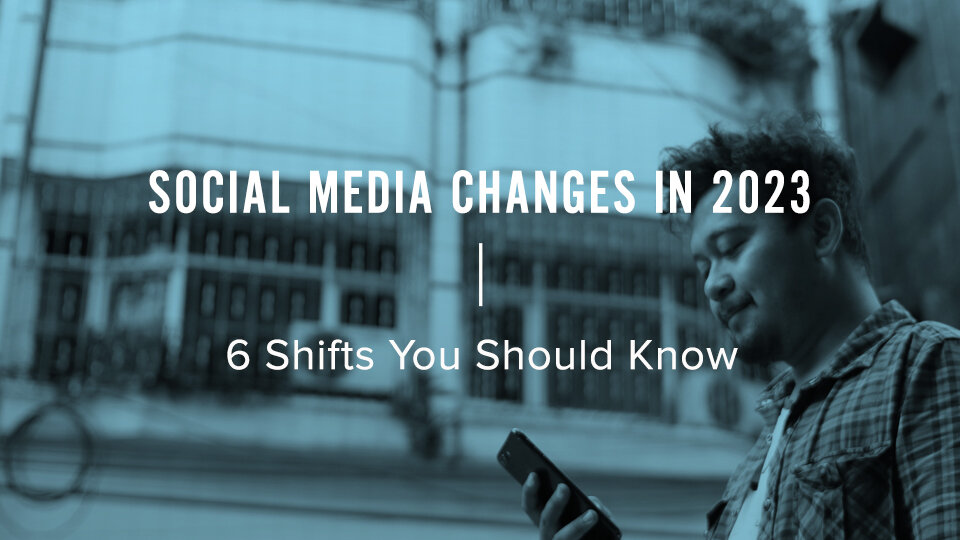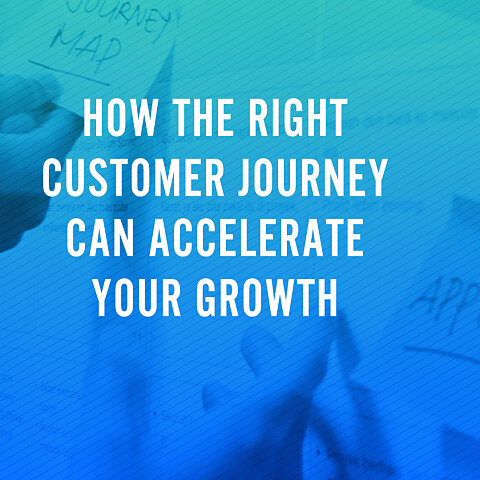Social Media Changes in 2023: 6 Shifts You Should Know
By Maurilio Amorim
Social networks have been reeling since the release of IOS 14. It was the beginning of the big privacy push and the most significant shift in how social platforms operate.
In 2023 we are going to see most platforms make even greater shifts in how they operate through the use of AI (artificial intelligence). Here’s what I see happening in this new year.
One major trend that is likely to continue is the growth of visual content. Platforms like Instagram and TikTok have already proven the power of short-form video, and we are likely to see more platforms and features focused on allowing users to easily create and share visual content. Additionally, the use of augmented and virtual reality is expected to increase on social platforms, enabling users to experience a more immersive and interactive way of sharing and viewing content.
Another trend that is likely to continue is the rise of private and semi-private social networks. As users become increasingly concerned about privacy and data security, we are likely to see more people flock to platforms that offer end-to-end encryption and other security features.
This includes direct messaging platforms like Signal, which are more secure than traditional SMS, and social networks like Mighty Networks and Discord.
At the same time, there will be more and more use of AI technology on social platforms. Features like automatic captioning, speech-to-text, text-to-speech, as well as speech and facial recognition will become increasingly prevalent. Some platforms will even use AI to recommend content to users based on their interests and behavior. Meta is already using AI with their Advantage+ ad optimization.
With more advanced AI technology, social media platforms will become more effective at identifying and removing fake news, hate speech, and other unwanted content.
Another trend that I see continue to grow is the increasing role of social media in e-commerce. Platforms like Instagram and TikTok are already being used by brands to promote and sell their products, and we are likely to see more platforms and features focused on making it easy for users to buy products directly from social media.
For example, Instagram already has a feature called "shopping tags," which enables users to shop directly from a post; this will be expanded more in the future. Social media platforms will also increasingly be used for customer service, with companies using chatbots and other AI-powered tools to respond to customer inquiries and resolve issues.
We will also see the rise of the micro-influencer on social media platforms, as brands will seek to target niche audiences with a more authentic and relatable voice. Platforms like Instagram, TikTok, and YouTube will likely provide more tools to help influencers monetize their content and grow their audiences, as well as to brands will be able to easily identify and collaborate with influencers.
Finally, we can expect to see more social media platforms enter the market and compete for users' attention. While the major players like Facebook, Twitter, Instagram, and Tiktok are likely to maintain their dominant positions, newer platforms will continue to emerge and challenge the status quo. For example, a new social network that emphasizes privacy and security may emerge, or a new platform that focuses on a specific interest or hobby.
As technology continues to evolve, we can expect to see a greater emphasis on visual content, privacy, and AI, as well as the use of social media for e-commerce and customer service. Additionally, we will likely see more niche social media platforms enter the market, challenging the dominant players and catering to specific interests and communities.














